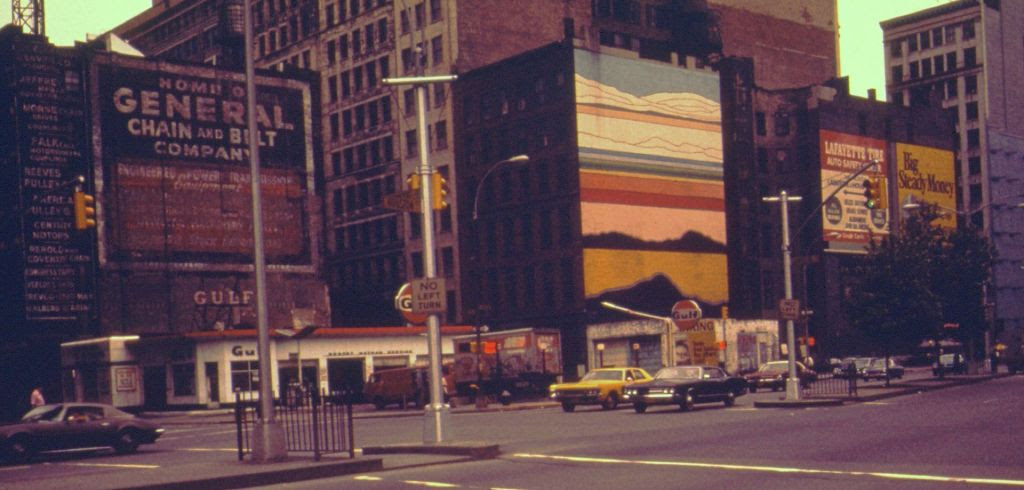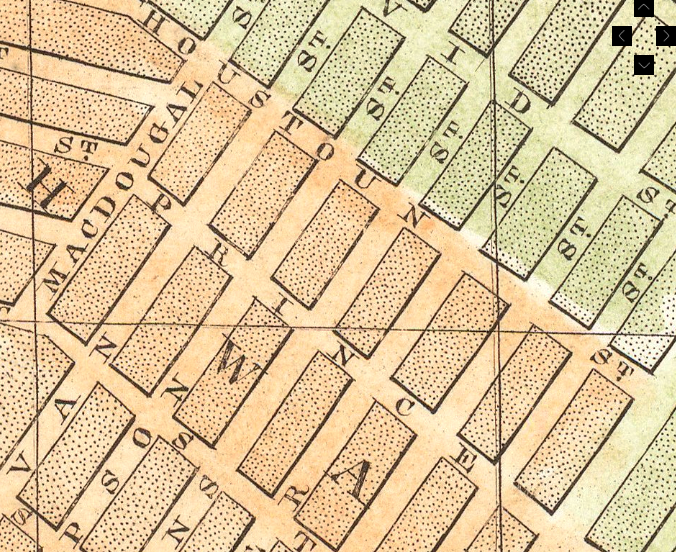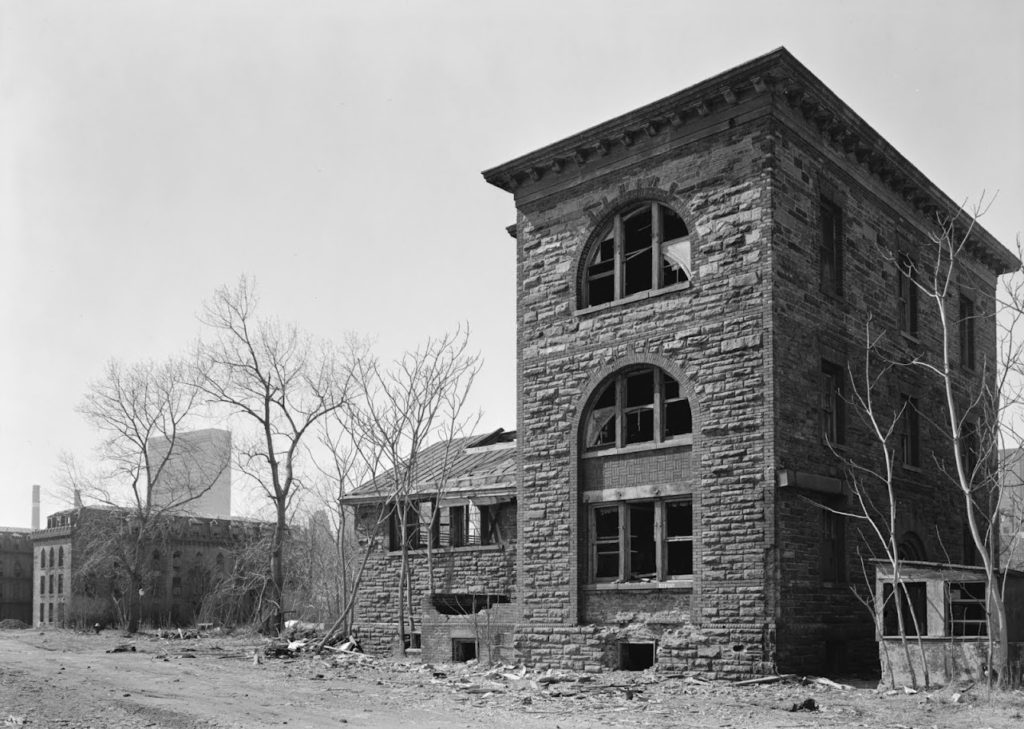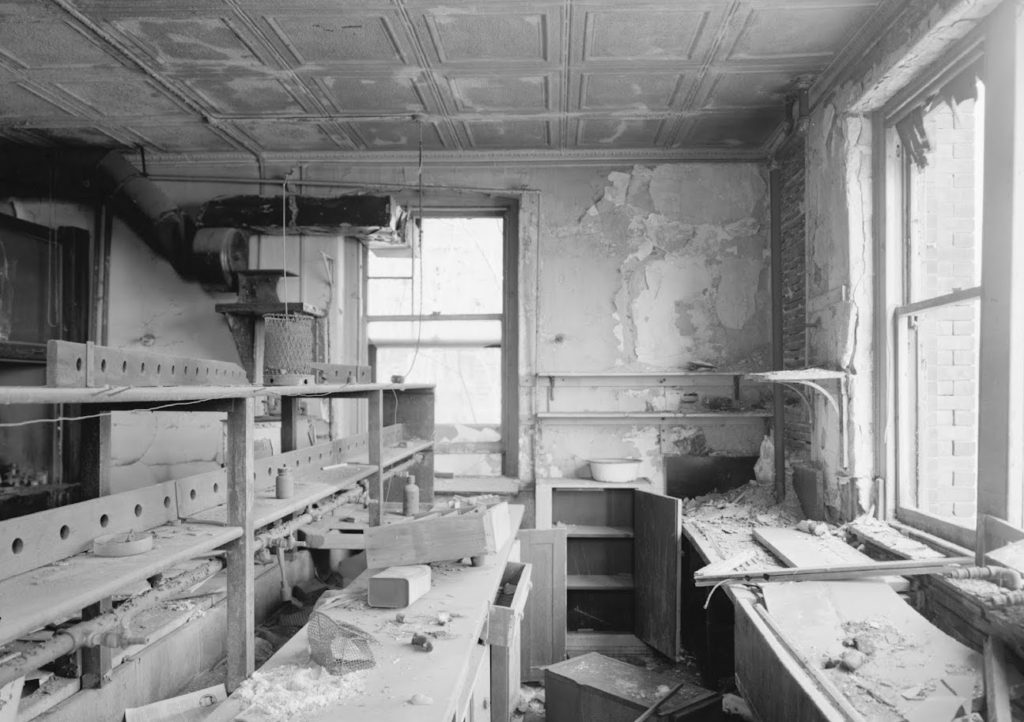Tuesday, December 14, 2021 – Just because you see a name on a street sign, there is a back story


TUESDAY, DECEMBER 14, 2021
The 545th Edition
THE STREET
WITH THE TEXAS NAME
THERE IS A STORY BEHIND THE NAME
Why “Houston Street” is pronounced that way
March 22, 2021
You can always spot a New York newbie by their pronunciation of wide, bustling Houston Street—as if they were in Texas rather than Manhattan

But the way New Yorkers pronounce the name of this highway-like
crosstown road that serves as a dividing line for many downtown neighborhoods begs the question: Why do we say “house-ton,” and what’s the backstory of this unusual street name, anyway?

It all started in 1788 with Nicholas Bayard III, owner of a 100-acre farm located roughly in today’s SoHo (one boundary of which is today’s Bayard Street).
Bayard was having financial difficulties, so he sold off parcels of his farm and turned them into real estate in the growing young metropolis, according to a 2017 New York Times piece. “The property was converted into 35 whole or partial blocks within seven east-west and eight north-south streets, on a grid pattern,” explained the Times.

Bayard decided to name one of those east-west streets after the new husband of his daughter Mary, William Houstoun (above)—a three-time delegate to the Continental Congress from Georgia. Houstoun’s unusual last name comes from his ancient Scottish lineage, states Encyclopedia of Street Names and Their Origins by Henry Moscow.

The street name, Houstoun, is spelled correctly in the city’s Common Council minutes from 1808, wrote Moscow, as well as on an official map from 1811, the year the grid system was invented. (It’s also spelled right on the 1822 map above).

In the 19th century, the city developed past this former northern boundary street. East Houston Street subsumed now-defunct North Street on the East Side and extended through the West Side (above photo at Varick Street in 1890). At some point, the spelling was corrupted into “Houston.”
The Times proposes a possible reason why the “u” was cut: Gerard Koeppel, author of City on a Grid: How New York Became New York, thought it could have to do with Sam Houston emerging in the public consciousness in the 1840s and 1850s as senator and governor of Texas.

Whatever the reason, the new spelling stuck—with the original late 18th century pronunciation.

RIHS/NYPL ZOOM PROGRAM ON DECEMBER 21, 2021
AT 6:30 P.M.
WITH
MELINDA HUNT, FOUNDER OF THE HART ISLAND PROJECT
UPDATE ON HART ISLAND
HART ISLAND, THE HOME OF THE NYC MUNICIPAL CEMETERY HAS HAD MANY CHANGES IN THE LAST FEW YEARS. THE ISLAND IS NOW ADMINISTERED BY THE NYC PARKS DEPARTMENT.
REGISTER ON THIS LINK:
TUESDAY PHOTO OF THE DAY
Send your response to:
rooseveltislandhistory@gmail.com.
If you get a bounce-back use jbird134@aol.com

MONDAY PHOTO OF THE DAY
STRECKER LABORATORY AFTER IT WAS ABANDONED IN THE 1960’S
SOURCES
EPHEMERAL NEW YORK
[Top Image: Danny Lyon/US National Archives and Records Administration via Wikipedia; Second image: Wikipedia; third image: Barry Lawrence Ruderman Antique Maps Inc.; fifth image: New-York Historical Society; sixth image: MCNY 1971 by George Roos x2010.11.763]
Tags:Houston Street 1970s, Houston Street Name NYC, Houston Street Old Photos, Houston Street Origin NYC, Houston Street Pronunciation
Posted in East Village, Lower East Side, Lower Manhattan, Maps, Random signage, SoHo, Transit, West Village
Thanks to Bobbie Slonevsky for her dedication to Blackwell’s Almanac and the RIHS
Thanks to Deborah Dorff for maintaining our website
Edited by Melanie Colter and Deborah Dorff
FUNDING PROVIDED BY ROOSEVELT ISLAND OPERATING CORPORATION PUBLIC PURPOSE GRANTS
CITY COUNCIL REPRESENTATIVE BEN KALLOS DISCRETIONARY FUNDING THRU DYCD


Copyright © 2021 Roosevelt Island Historical Society, All rights reserved.Our mailing address is:
rooseveltislandhistory@gmail.com



Leave a comment